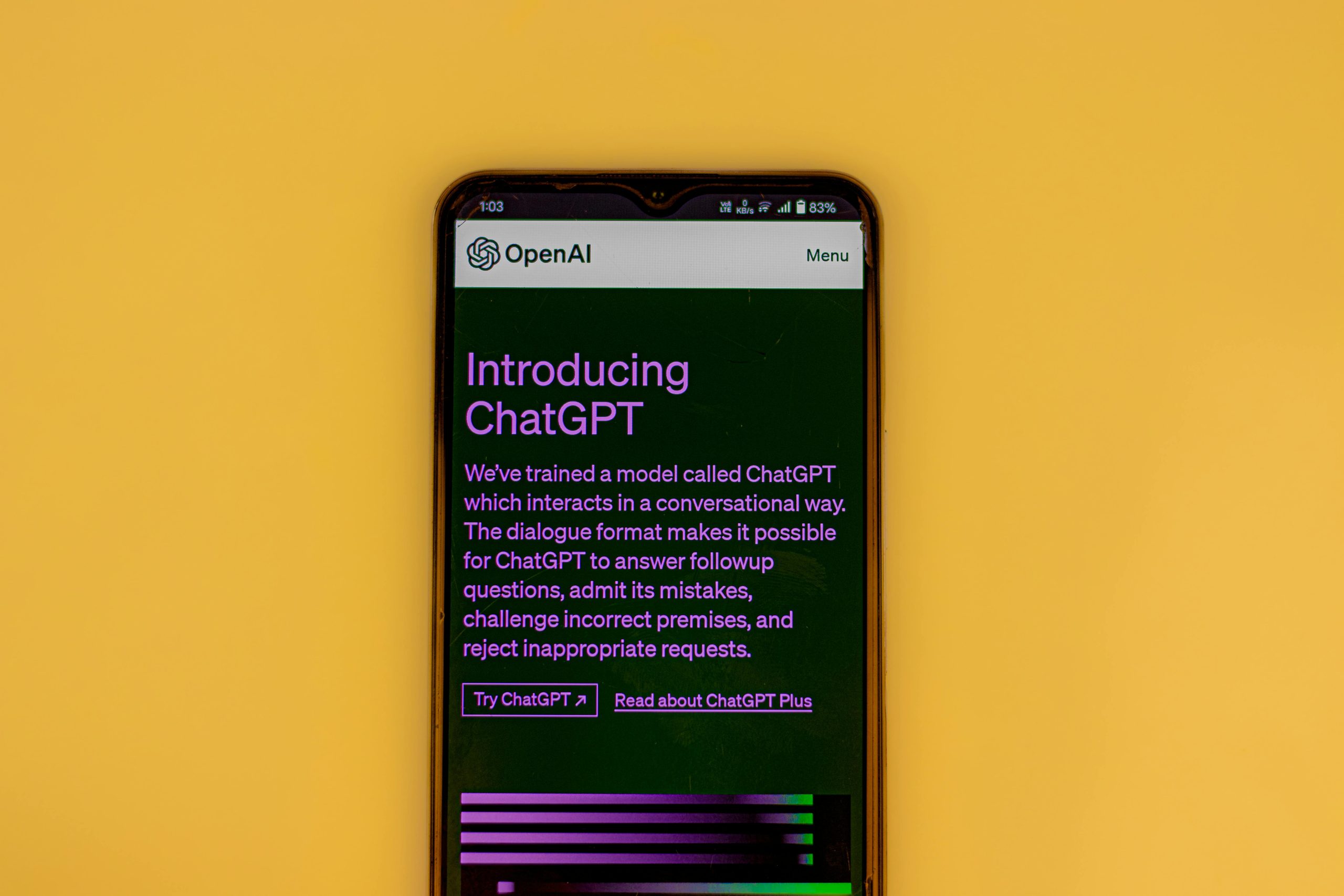I’m imagining an information blockchain for academic research
Envisioning a Blockchain-Based Infrastructure for Academic Research Integrity
In the evolving landscape of digital research, current methods of verifying information often fall short, especially when relying on AI-generated content. Today, researchers frequently encounter unreliable links or questionable data sources—often dismissed or ignored as they venture through the vast expanse of online information. However, as artificial intelligence systems like GPT continue to advance, there’s a forthcoming challenge: the proliferation of AI-generated content that may not always be genuinely verified or trustworthy.
Imagine a future where AI models can cite authoritative sources seamlessly and even generate scholarly articles based on validated research. While this capability promises great efficiency, it also raises significant concerns regarding the authenticity and integrity of scholarly information. How can the academic community ensure that the data and references used are reliable?
One compelling solution lies in leveraging blockchain technology to create a decentralized, transparent, and tamper-proof repository of verified scholarly content. Instead of trying to detect AI-generated content post hoc—as currently attempted with various content moderation tools—why not establish a system where only verified research is recorded on a blockchain? Such an infrastructure could serve as a trusted ledger for academic publications, ensuring that references, datasets, and research outputs are authenticated and immutable.
This approach would not imply that all non-verified content is inherently unreliable; rather, it provides a clear distinction and a reliable baseline for scholarly work. Publishers, universities, and authoritative scientific institutions could register their verified research outputs on this blockchain. Researchers and AI systems could then access these records with confidence, reducing the risk of referencing or disseminating uncorroborated or fabricated information.
Implementing a blockchain-based framework for academic research data promises several benefits:
– Enhanced Trust: A publicly accessible ledger of verified research fosters greater confidence in cited sources.
– Improved Citation Integrity: Precise tracking of research origins and modifications ensures the authenticity of references.
– Increased Accountability: Transparent provenance for scholarly outputs discourages misconduct and fosters academic integrity.
– Facilitated Collaboration: Institutions worldwide can contribute and verify research, enabling a more interconnected scientific community.
While this vision represents a significant shift from conventional publication practices, its potential to safeguard the integrity of academic research is profound. As AI tools become more integrated into research workflows, establishing a reliable, blockchain-backed system for verified content could be a vital step toward maintaining trust and rigor in scholarly communication.
Conclusion
As the digital age transforms the landscape of academic research, innovative solutions like blockchain verification protocols could serve as essential frameworks for preserving authenticity














Post Comment